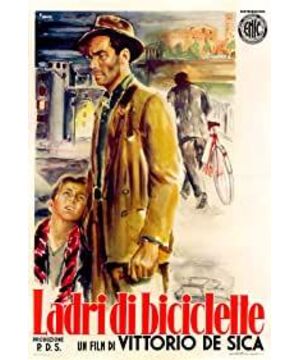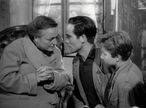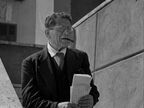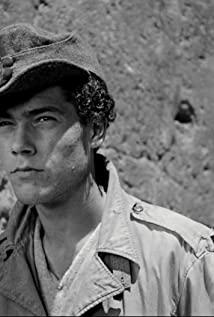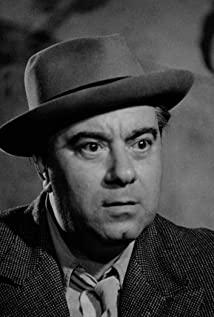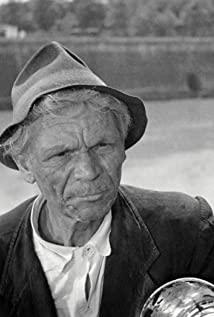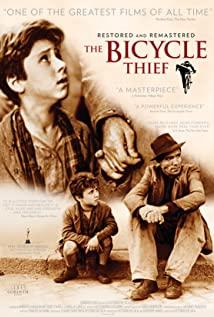The setting of the film is a post war period in which there was few jobs opportunity. Everyone had to relinquish whatever he or she could in order to survive. According to readings from Introduction to Film, whether shooting on a soundstage or on location, filmmakers may carefully craft a recognizable “story world”. They can make reference to familiar, human-made objects to convey the significance of place.[1] In the pawn shop of the film, the owner stacks Antonio's linen in a large room, which is also filled with other similar linens, these shows the lack of material wealth and how there were people who were also very poor at the time. Besides, the camera captured a lot of street scenes demonstrate not only main characters in the film,but also other people who was also suffering from the World War II and architecture look seared as if the city had been bombed. The setting gave the audiences a better understanding of the story world in which jobless civilians who are apparently willing to do about anything for money and thus crime become a sort of “normal” act.
The framing and composition play an instrumental role in the cinematography of this film, which helps to clarify some certain motifs. Most filmmakers vary shot distance, not only to serve the needs of the narrative, but also to create patterns, develop motifs, and support themes. Filmmakers can use shot distance to convey abstract ideas. The effect of any shot distance must be interpreted in context.[2] And all those variation in shot distances in the film The Bicycle Thieves definitely showed strong intentions of the filmmaker. For instance , at the end of the film, the camera shifts between the close-up shot of Antonio and his son. The father is too shameful to look at his son while the son is looking up at him. Which definitely arouses the pity and sympathy of the audiences. Also another close-up shot framing at Bruno's hand holding his father,this motif obviously shows the importance of family relationships and makes the crime more “reasonable” to some extend. The following shot is a long shot of the father and son walking away from the camera and gradually disappearing into the crowds, which not only shows the tolerance and forgiveness of the people against the crime but also convince the viewers that the character should be forgiven.
Movie music emphasizes climaxes and concludes scenes or the end of a film with finality. Music in movies tends to begin and end on specific actions, in these ways, musical cues alert the audience to the climaxes and the emotional high points of the scene.[ 3] The sound enhanced the emotion in many places in the film The Bicycle Thieves. When Antonio is struggling with whether to steal another one's bike the background music tend to be really sharp and intense, which shows his unwillingness to commit the crime yet is forced by life. And as the story goes on, when Antonio finally caught by the crowds after stealing the bike, the background music changed into a really sad and grieved tone, audiences can feel the sadness and sense of tragedy here and will feel sympathy for the characters instead of blaming them. And ultimately forgive all the crimes.
[1] Maria Pramaggiore, Tom Wallis, “Film: A Critical Introduction.” in Introduction To Film edited by Aaron Baker, 91.
[2] Maria Pramaggiore, Tom Wallis, “Film: A Critical Introduction.” in Introduction To Film edited by Aaron Baker, 112.
[3] Prince Stephen, “Movies and Meaning.” in Introduction To Film edited by Aaron Baker, 159.
View more about Bicycle Thieves reviews


